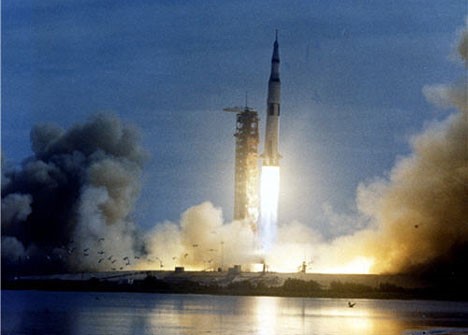A Peak Experience
/Early Monday morning, Labor Day, Cyndi, Clark, and I left Williams Lake (11,040’) and hiked down to my pickup at the trailhead, put on clean dry clothes, and made the long drive home, about 500 miles – Taos, Santa Fe, Roswell, Plains, and Midland. Nathan, Alyssa, and Jeremy were ahead of us in a second truck.
We spent the previous two nights at Williams Lake, and it rained all night the second night. It was cold, but never got down to freezing. I was proud of Cyndi – I know she was uncomfortably cold the entire time the whole trip. From parking lot to parking lot. For the rest of us the climb up to Wheeler Peak at altitude was the hardest part of the trip. For Cyndi that was the easy part … the cold was hardest on her.
This was our first ascent of Wheeler Peak, and it was grand. The trail from Williams Lake to the summit is about five miles round-trip, and is ranked as a steep and difficult class 2 trail, with the final 1.5 miles a series of switchbacks that crisscross a rocky scree slope.
The rocks never felt dangerous, even if the trail was often uncomfortable and slippery. It was well-maintained and not as dicey as I expected after reading online trail accounts. There were lots of loose rocks covering the trail. It must require constant attention from the Park Service to remain passable. As Lawrence Gonzales wrote, “All mountains are in a state of continuous collapse.”
We spent about thirty minutes at the summit: taking photos, eating lunch, signing the log book, and laughing at the college guys who lost the trail and scrambled straight up the scree slope.
At 13,161 feet above sea level, Wheeler Peak is the highest mountain in New Mexico. Located in the Sangre De Cristo range, it stands guard over the southern end of the Rocky Mountains, inviting all to enjoy its status.
For years, the Truchas Peaks, located south of Wheeler Peak, were considered the New Mexico highpoint. In 1948, a survey was conducted by Harold D. Walker which confirmed Wheeler Peak is the highest point in the state.
We started down at the sound of approaching thunder, moving slowly at first. Most mountaineering accidents happen during the descent. It pays to be careful.
Descending is technically more difficult than ascending. During the climb up, your foot is planted before your body weight is shifted. The opposite is true on descent, and it’s less stable. Descent is a controlled fall.
We made it back to camp just as it started to rain and hail. So we all got free naps in our tents while waiting out the storm. Later, we talked about a term I read in Scott Jurek’s book, North: Elective Suffering. The idea that we put ourselves though some very hard things simply because we want to. We’re lucky to live lives that allow this, with enough discretionary time and money. So why choose to use that gift to hike and tent-camp in the cold and wet. I don’t know, except to say there is value in elective suffering. There is the joy of success, a sense of accomplishment, and camaraderie of shared experience.
But beyond that, there is added value in going beyond the casual effort. It amplifies the focus and risk and spiritual connection.
Backpacking connects me to God. Even more than hiking. I love all the day hikes we do, but they connect me with people, especially other men. Backpacking is different, maybe because there is usually more risk involved, more uncertainty, more opportunities for things to go wrong, more ways to be miserable for a day or two. And that risk, along with the isolation of the outback, opens me up to God, focuses me in some way, reduces my mental chatter,
I understand that no one has to climb mountains to experience God. In fact we shared the trail last Sunday with dozens of hikers who never thought about God even once all day.
And yet, there is something spiritual about elective suffering.
Richard Rohr wrote, in Falling Upward: “For me, this is what makes something inherently religious: whatever reconnects our parts to the Whole is an experience of God, whether we call it that or not.
“I run in the path of Your commands, for You have set my heart free.” Psalm 119:32





















